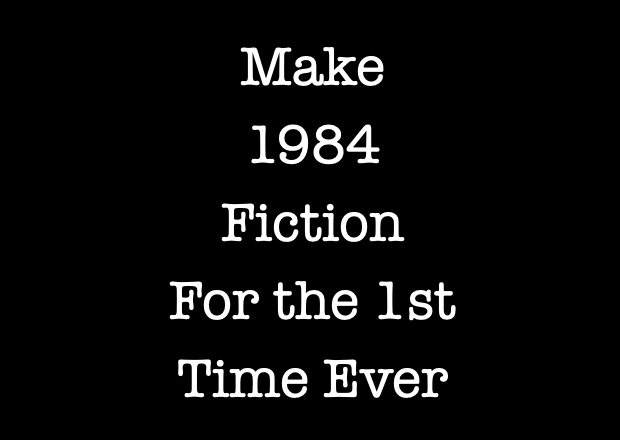By March Twisdale
Totalitarianism is a form of government / political system that prohibits opposition, outlaws individual and group challenges to state-sponsored claims, suppresses free speech, freedom of movement, and freedom of philosophical beliefs / religion, exerting excessive control and regulation over public and private life.
How do we recognize a totalitarian state in the making? Answers to this question can be found on myriad bookshelves.
A few years back, I attended a training by long time islander, Margot F. Boyer, based upon a book she contributed to, titled: “Beyond Inclusion, Beyond Empowerment.” Goodreads’ summary of the book states, “Resisting oppression requires that everyone – both those who benefit and those who are restricted by these social arrangements – become more aware in everyday interactions.”
Eric Arthur Blair was an English novelist, essayist, journalist, and critic, who wrote under the pen name, George Orwell. In his life, he also came to understand that our position within society dictates our experiences. In other words, if you have never been oppressed, you are less likely to see it coming.
Elucidated in his dystopian novel, “1984,” were the brutal and inescapable lessons of the first half of the 20th century. “Card-carrying members” of totalitarian states typically enjoy perks and privileges, while avoiding persecution. To them, it often seems that the persecution of “non-members” is justified. We saw this when children and babies were separated from illegal immigrant parents and locked in kennels along the Mexican border. Many Americans enjoying legal citizenship justified this terrible abuse, saying, “They brought it on themselves.” Was this true? Was it their fault, or ours, as the perpetrators?
Theodor Seuss Geisel wrote nearly 50 books, while living through the bulk of the 20th century, many of which teach deeply moralistic messages, complete with silly, funny characters, and impossible-to-forget rhymes. In particular, Dr. Seuss held no punches when it came to depicting greed-driven resource extraction, fascism, segregation, and other human failings. His book about Star-Belly and Plain-Belly Sneeches, and the capitalist who callously stokes their prejudice, then profits by selling them solutions for their perceived second-class status, before packing up and leaving with all their dough, is especially worthy of our time. Why? Because, in the end, the Sneeches realize their differences don’t matter, and their commitment to community and one another does.
Which brings us back to our original question: How do we recognize a totalitarian state in the making? If we accept the wisdom of these writers, we will resist oppression in these ways: (1) Beware the segregation of people based upon compliance or resistance to the demands of the state; (2) remain compassionate and refuse to accept the persecution of minority groups by the state; (3) and notice when diversity is suppressed.

